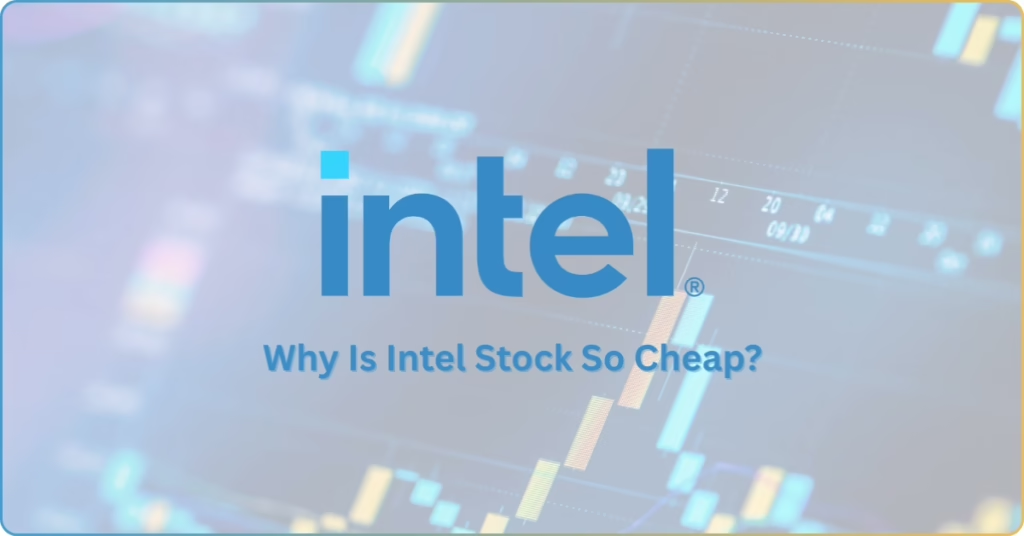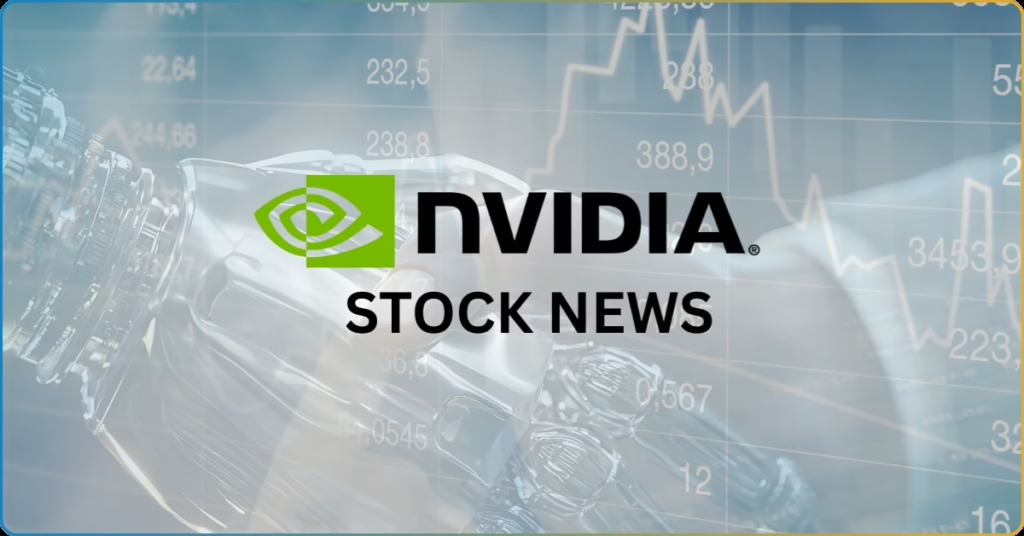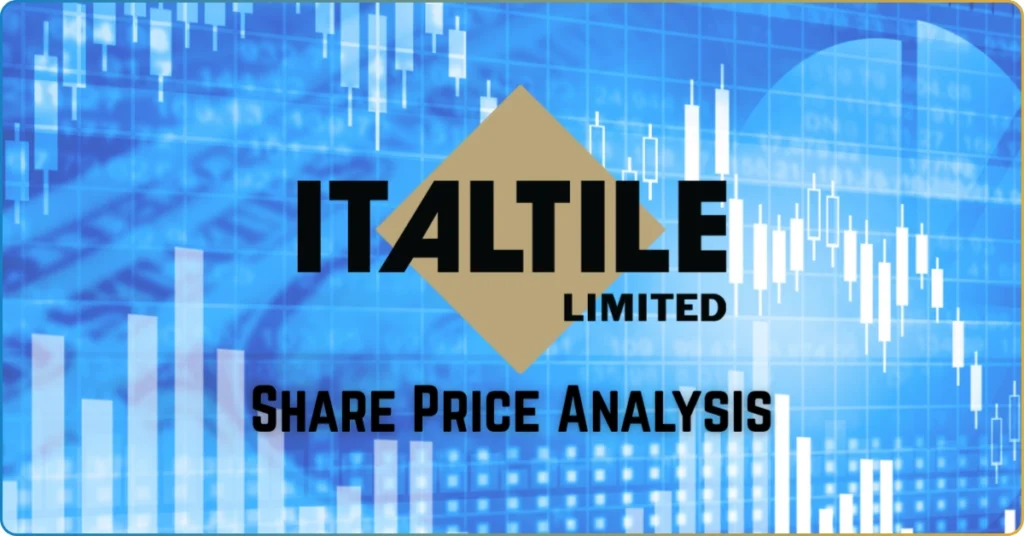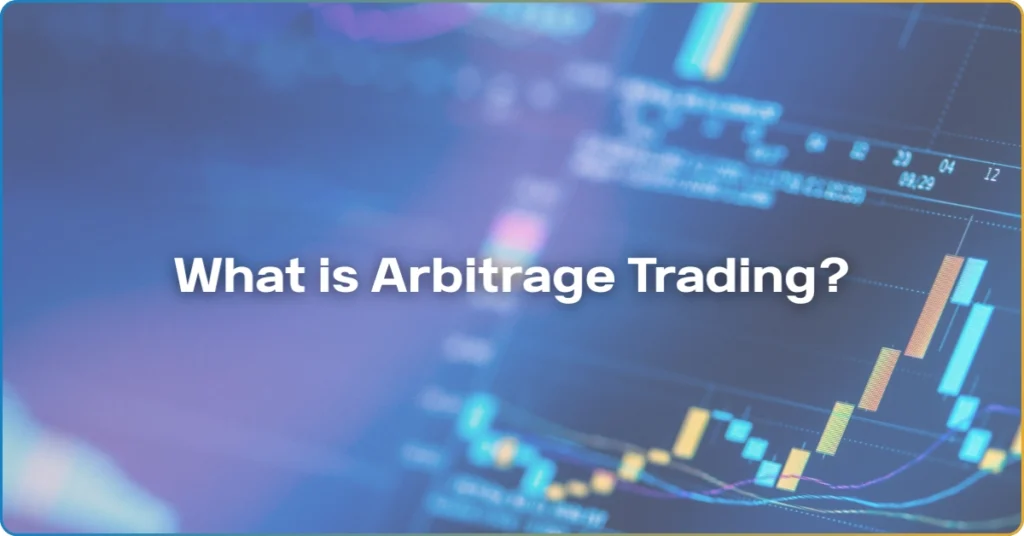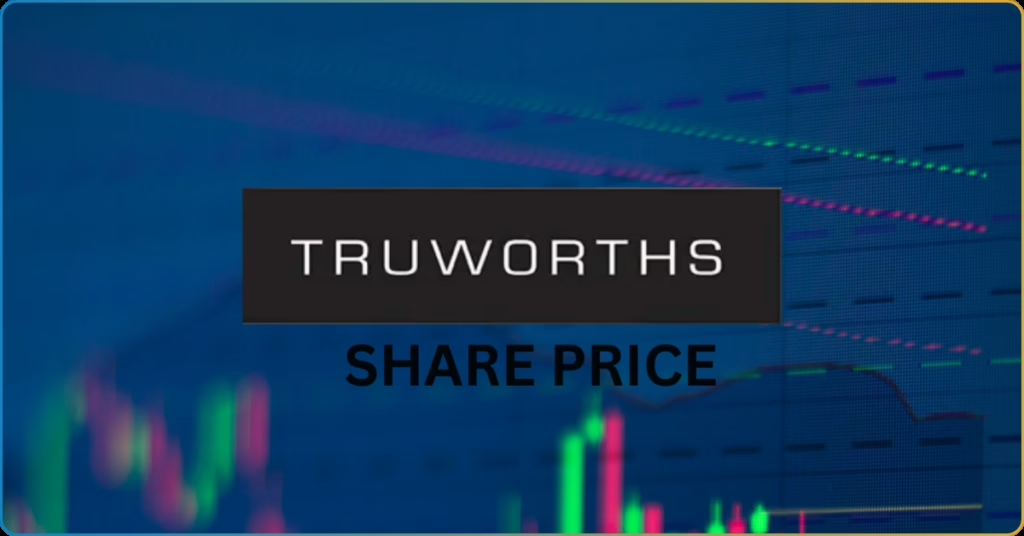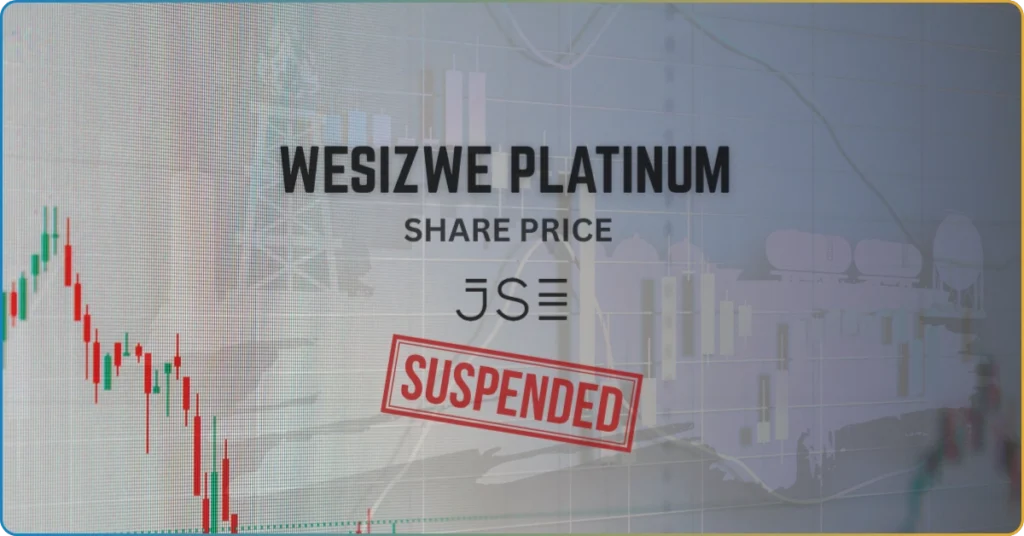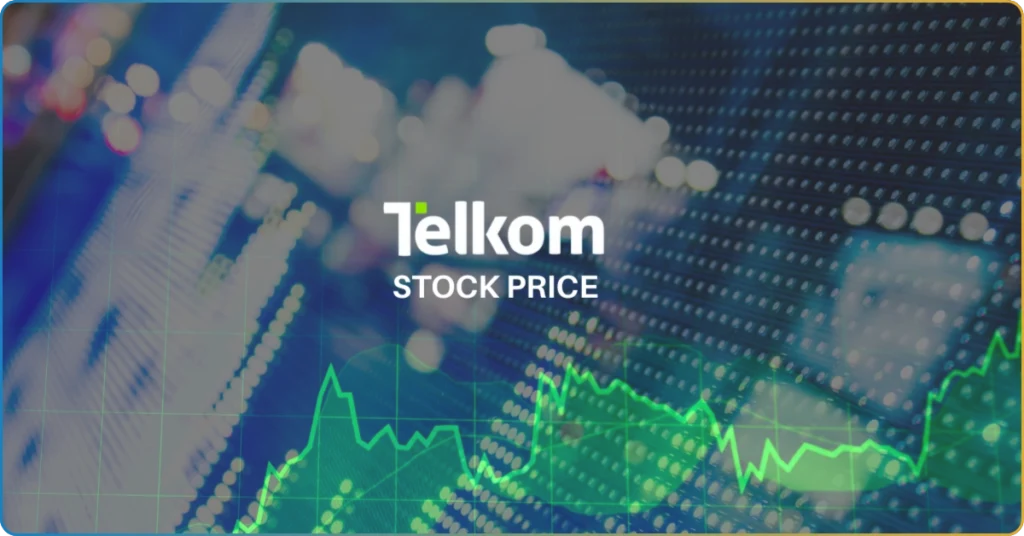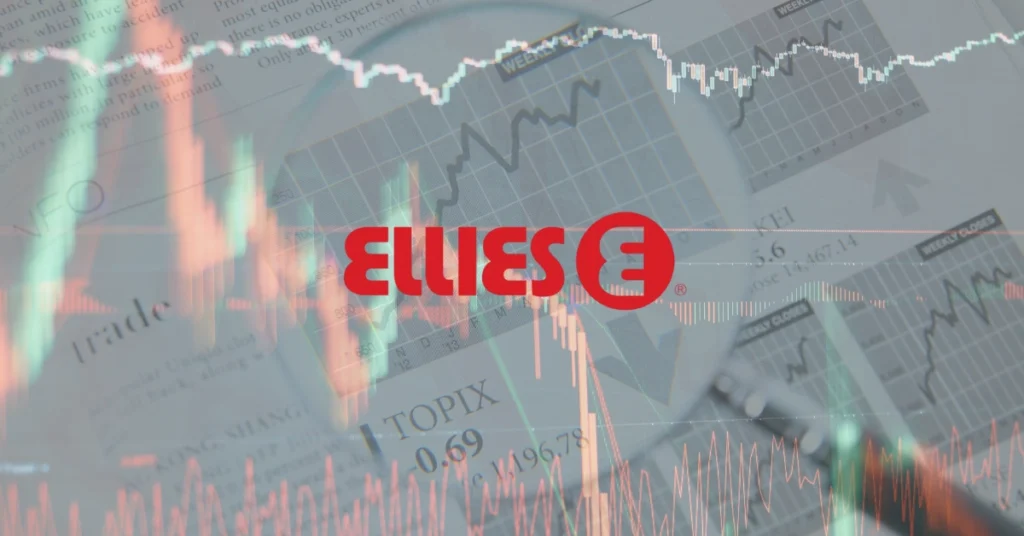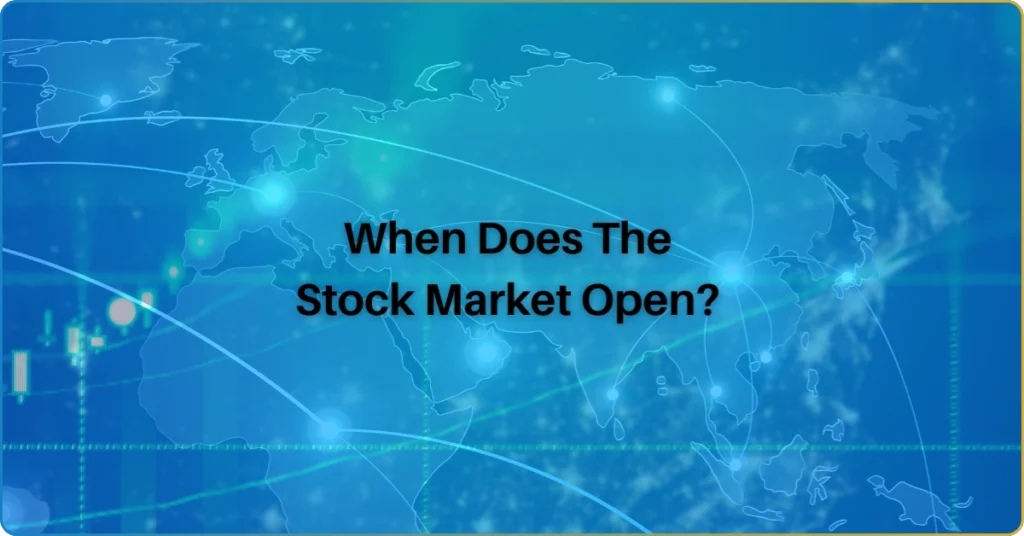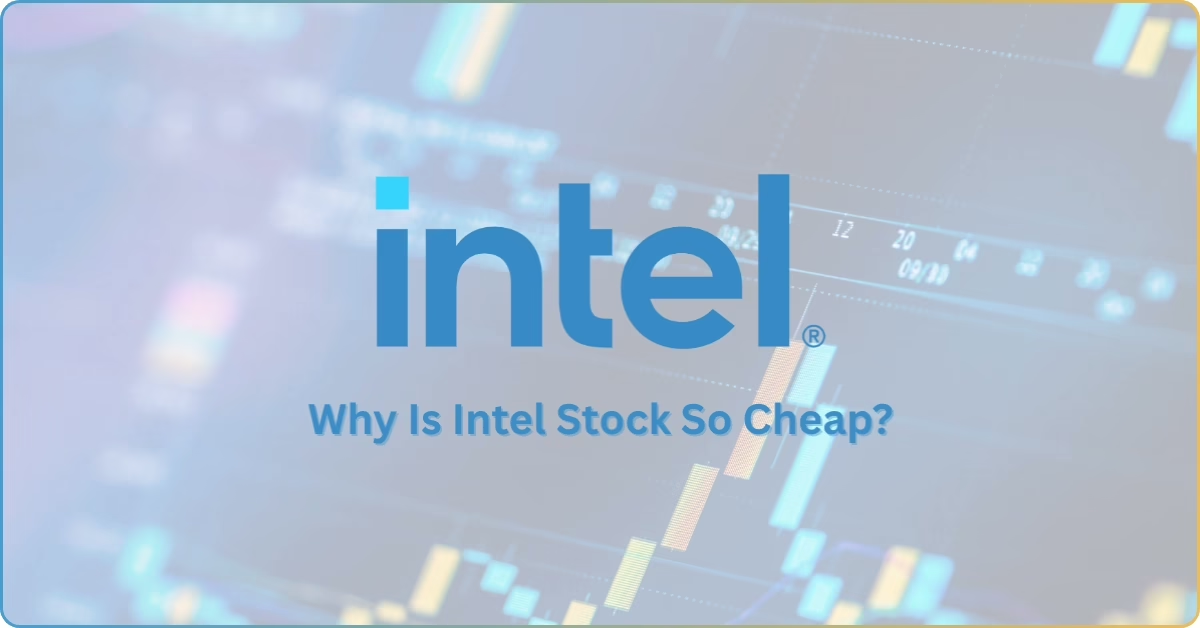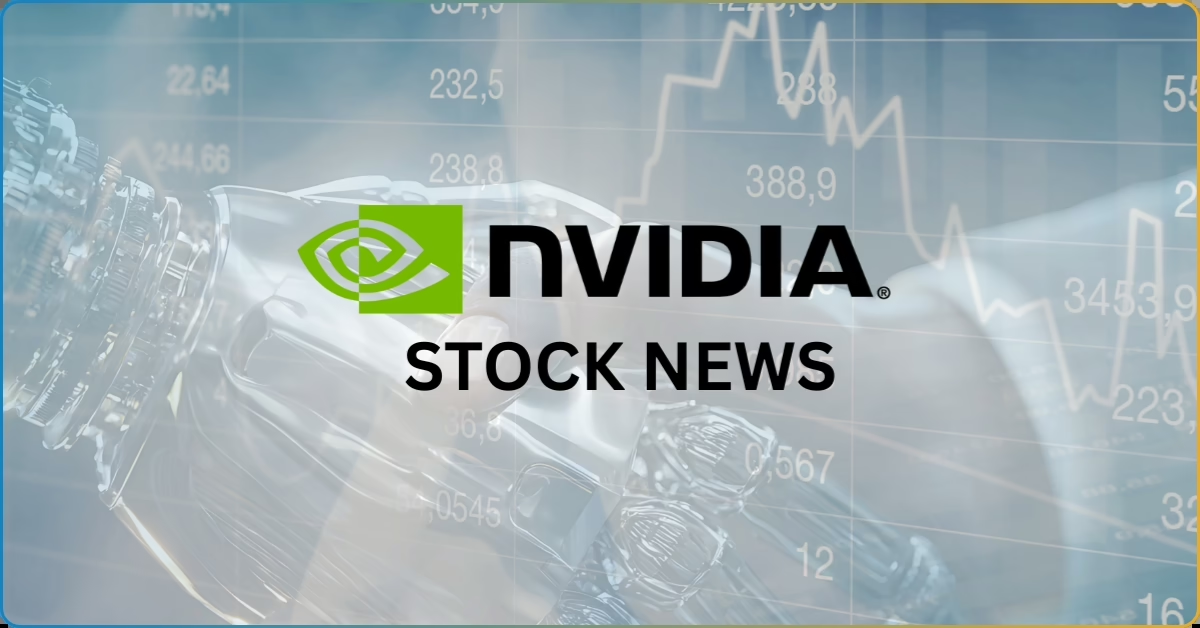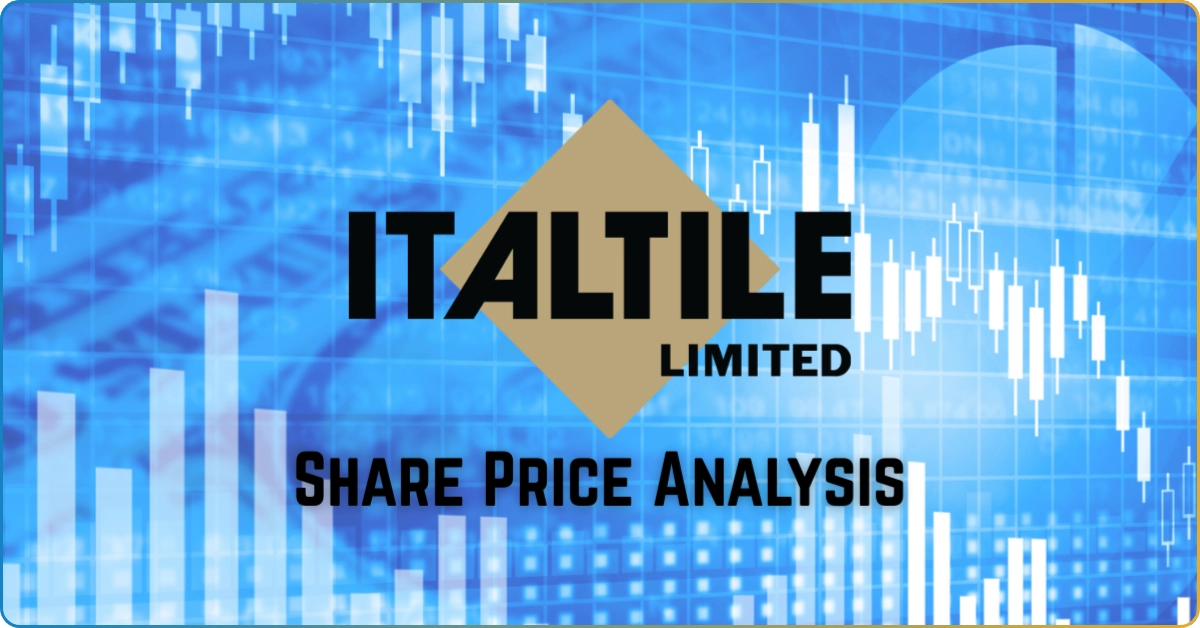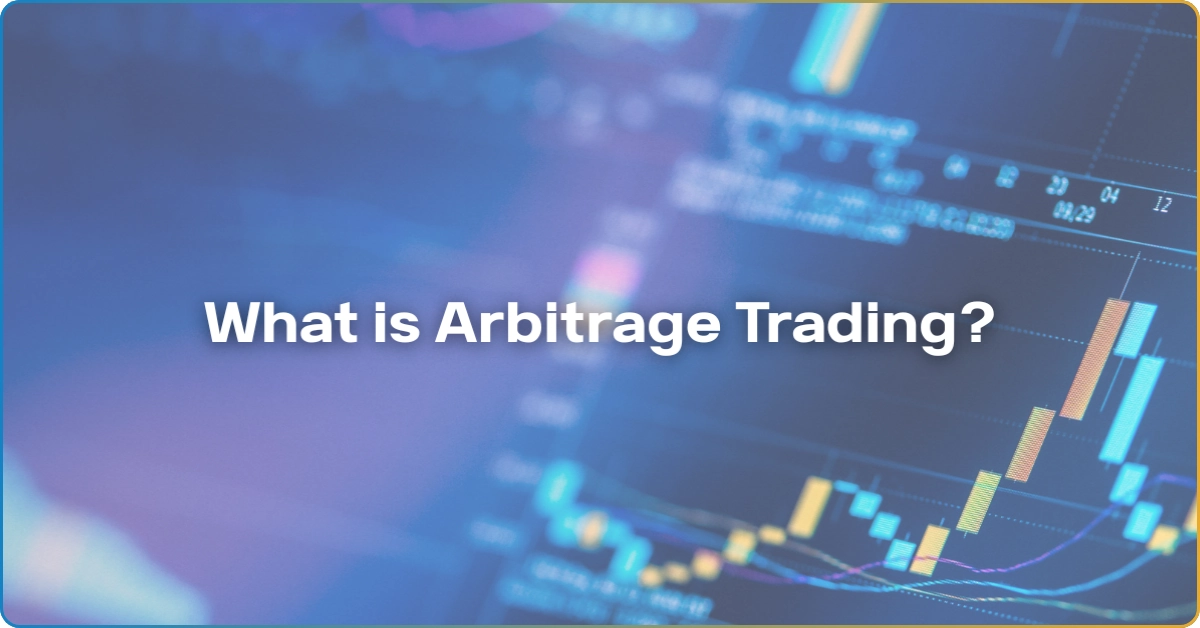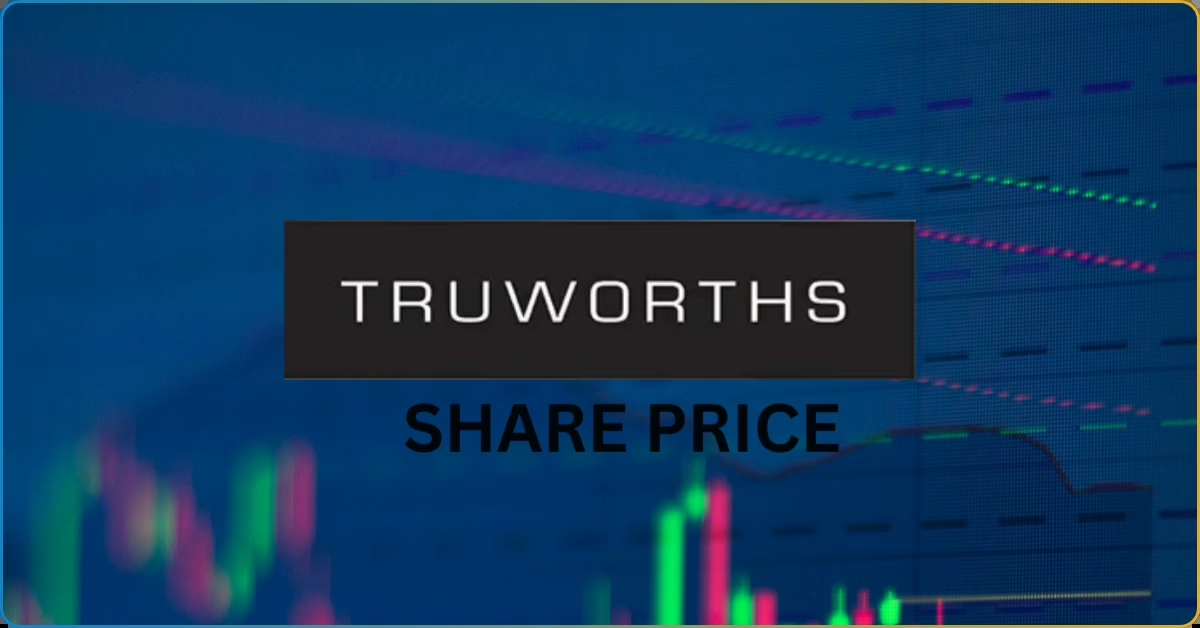Index funds in South Africa are one of the most practical entry points for both new and seasoned investors. With the cost efficiency and diversification, they provide, the skepticism around whether they can outperform active funds is still under debate.
That’s why our investment specialist weighed in on the current fund landscape, market performance, and practical entry strategies to give you a clearer perspective of which index funds in South Africa are worth considering.
This TRU Insight lays out the essential breakdown that could guide your decision-making and set a realistic expectation of returns and risks.
Read on as we map out the best index funds and how you can start investing effectively.
What is an Index Fund?
If you want to invest in an index fund in South Africa, understanding it comes with various descriptions that can be full of jargon words on the internet. To better comprehend, we will use the analogy of a candy.
Think of the company like a candy, and you are invested in it, but at the same time, you can’t pick because you want all of those candies. So instead of just picking one, the ultimate solution to this is to grab that variety pack of candies.
That’s how it works with an index fund. Technically, you are investing in a bunch of different stocks from multiple companies. These companies can be an all-in-one recipe that is joint. For example, the S&P 500 encompasses the 500 top US companies and the FTSE/JSE Top 40, which tracks the 40 largest companies on the Johannesburg Stock Exchange.
5 Best Index Funds in South Africa
Here are the most notable Index funds in South Africa, backed with indicators and analysis that our financial analyst considers important in evaluating performance.
1. Satrix 40 ETF (STX40)
STX40 follows the 40 biggest companies on the JSE. With fees at just 0.10% and one-year returns above +28%, our experts point to this as a strong local option. It works best for beginners who want steady exposure to South Africa’s top firms.
| Indicator | Details |
| Cost (TER/Fees) | 0.10% |
| Average Trading Volume | 325, 493 |
| Tracked Index | FTSE/JSE Top 40 |
| Fund Returns vs Benchmark (1-yr, after fees) | +28% to +33% |
| Dividend Policy | Distributing quarterly |
2. Sygnia Itrix ETF (SYG500)
SYG500 gives access to the S&P 500, which holds America’s biggest companies. Returns of +16% to +17% show stable growth; it’s a cost-friendly gateway for South Africans wanting international reach.
| Indicator | Details |
| Cost (TER/Fees) | 0.20% |
| Average Trading Volume | 46,692 |
| Tracked Index | S&P 500 |
| Fund Returns vs Benchmark (1-yr, after fees) | +16% to +17% |
| Dividend Policy | Distributing |
3. Satrix SA Bond ETF (STXGOV)
STXGOV offers exposure to South African government bonds, making it a safer counterweight to equity-heavy portfolios. With a strong trading volume of over 694k, it provides easy access and steady income from bond yields. This is a solid pick for investors who want stability without giving up liquidity.
| Indicator | Details |
| Cost (TER/Fees) | 0.25% |
| Average Trading Volume | 694,459 |
| Tracked Index | S&P South Africa Sovereign Bond 1+ Year |
| Fund Returns vs Benchmark (1-yr, after fees) | Around 9% |
| Dividend Policy | Distributing quarterly |
4. Satrix MSCI World ETF (STXWDM)
This fund tracks the MSCI World Index, covering developed markets globally. Returns of +14% to +18% are solid, and our analysts highlight its strong trading volume as a plus. It fits those who want international diversification, though fees are slightly higher.
| Indicator | Details |
| Cost (TER/Fees) | 0.35% |
| Average Trading Volume | 145,678 |
| Tracked Index | MSCI World |
| Fund Returns vs Benchmark (1-yr, after fees) | +14% to +18% |
| Dividend Policy | Distributing |
5. 10X Total World Stock ETF (GLOBAL)
GLOBAL invests across large, mid, and small companies worldwide. With one-year returns between +14% and +16% and strong liquidity, this can be a balanced “all-in-one” option. It’s flexible for beginners yet broad enough for seasoned investors.
| Indicator | Details |
| Cost (TER/Fees) | 0.29% |
| Average Trading Volume | 456,788 |
| Tracked Index | FTSE Global All Cap |
| Fund Returns vs Benchmark (1-yr, after fees) | +14% to +16% |
| Dividend Policy | Accumulating or distributing, depending on class |
How to Invest in Index Funds in South Africa?
Now that you have the lists of best index funds, here’s how you can proceed to invest in them:
- Open an account with a licensed broker or investment platform.
- Choose the index fund that matches your risk level and goals.
- Deposit money into your trading account.
- Buy the units of your selected index fund.
- Monitor your investment and reinvest dividends if available.
For every step-by-step process presented, it’s best to take each step with careful assessment, with proper knowledge of brokers, risk management, and the overall concept of index fund trading. CommuniTrade offers an all-in-one space to learn all the fundamentals of investing with trading courses, broker reviews on rating boards, and more tools and resources to broaden the learning before investing.
Frequently Asked Questions
What are the risks of investing in Index funds?
High exposure to market volatility with no downside protection and limited control, which causes tracking error because of minor deviations.
How much do fees (TER / TIC) affect returns over time?
Fees like Total Expense Ratio and Total Investment Charge significantly reduce investment returns over time due to the power of compounding, as every dollar paid in fees is a dollar that cannot grow. Even a small difference of 1-2% in annual fees can result in tens of thousands of dollars less in total wealth over a few decades.
Can I use a TFSA or a Retirement Annuity to hold Index funds in South Africa?
Yes, you can absolutely hold index funds within both a Tax-Free Savings Account (TFSA) and a Retirement Annuity (RA) in South Africa. Utilizing these vehicles allows for either tax-free growth and withdrawals or immediate tax deductions and tax-free growth until retirement.
Final Verdict: Is Investing in Index Funds Right for You in 2025?
In the end, it still depends on what kind of investor you are. Investing in Index funds in South Africa best resonates with investors who are after simplicity, diversification, and long-term growth, and this can be one of the opportunities to put yourself out there and begin your financial journey with the biggest companies.
However, every investment comes with risks, and market volatility can be out of hand, especially with companies that are largely driven by macroeconomic factors. That’s why it’s still important to know the factors to consider before you invest.
Investing always comes with great learning and financial literacy, and awareness is best found with reputable trading communities like CommuniTrade. Get access to a live webinar from experts and all the indicators from market trends that you should watch out for.


